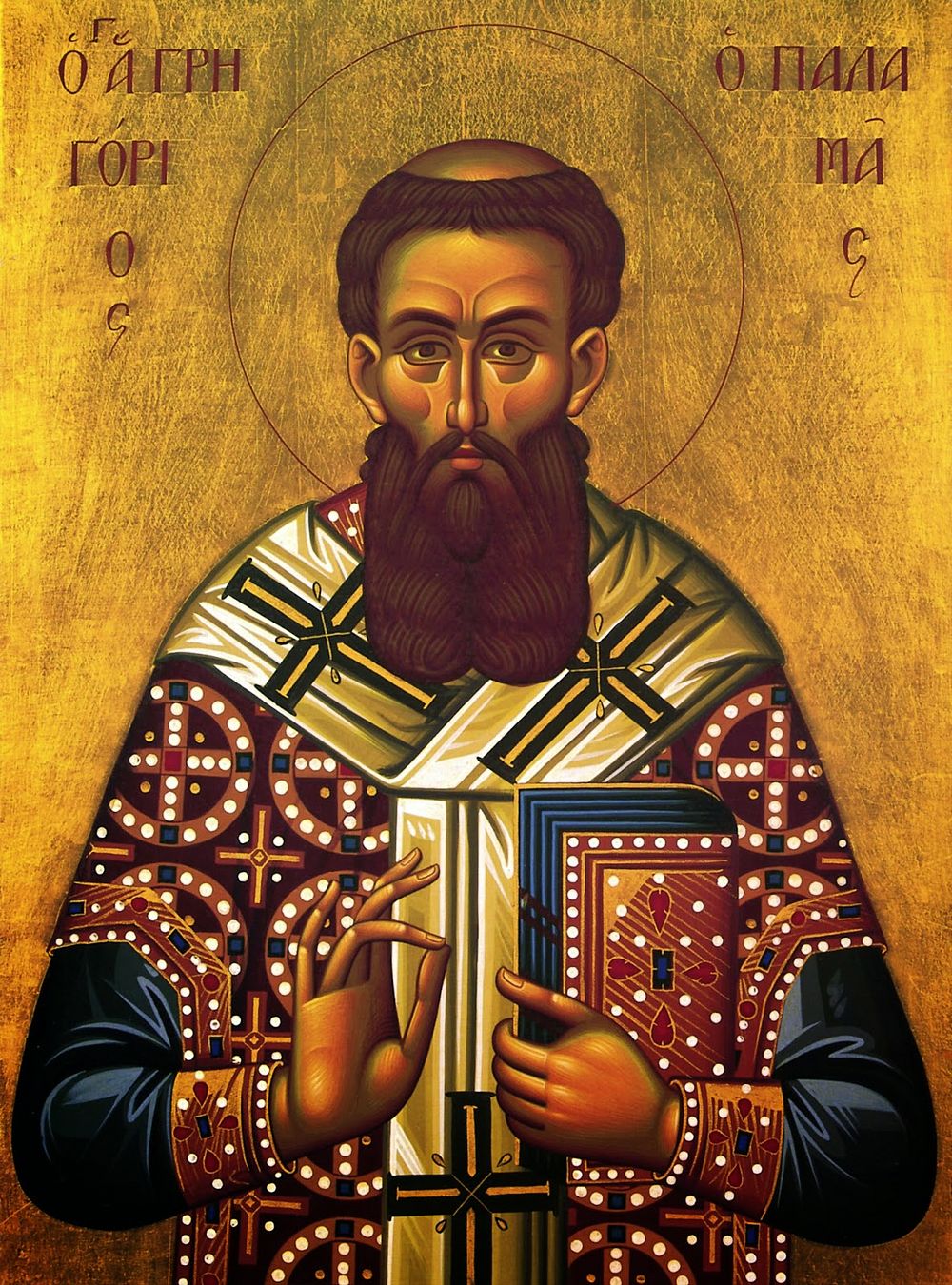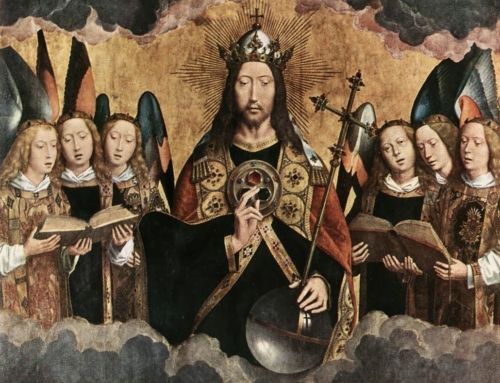Preparing for Triumphs and Tragedies-my podcast series on the history of the church has brought some new insights.
One of them is the realization of how much the milieu of the Roman Empire is like our own time. The Pax Romana brought prosperity and peace. Trade and business flowed from India and China to Spain and Britain, from France to Egypt and beyond, and where there was trade there was movement of people and where there was movement of people there was movement of ideas.
Therefore the Roman Empire, like our own time, was a whirling marketplace of philosophies, ideologies, religions, spiritual movements, cults and sects.
The whole heady mixture is best summed up by the term Gnosticism. While there were particular gnostic sects like Manicheanism, the term is better used for the syncretistic mish mash of religious ideas and philosophies. Judaism jostled with the old paganism and they were countered by Greek philosophy, Eastern Zorastrianism, occult beliefs, Hinduism and new pagan cults and devotions to superstitions.
The genius of the Christian Church is that her theologians in the first few centuries were confident enough to be positively influenced by the various religions while using them to formulate a clear, orthodox doctrinal position which was backed eventually by creed, Scripture and a church hierarchy.
This positive syncretism begins in the New Testament where we see St Paul breathing new life into concepts of old Judaism while using concepts and language of the mystery religions and Greek philosophy. St John does the same and the early church fathers continue in this trend. In fact, it is one of the signs of orthodoxy. The heretic Marcion rejected Judaism. The orthodox fathers accepted it, but transformed it. The heretic Tatian rejected Greek thought and religion. The orthodox fathers accepted it and transformed it. Time and again they saw the earlier religions and the other faiths not as totally wrong, but containing elements of truth, goodness and beauty which were seeds of the faith that was to come through the revelation of Jesus Christ.
This must always, also be the tools we use in evangelization. Whether it is in popular culture, in conversations with non Catholic Christians or in considering non Christian religions–we are always on the lookout for what is beautiful, good and true, and busy explaining how these seeds of faith are fulfilled within a positive, creative and good Catholicism.
We are tempted, of course, to do the opposite–to batten down the hatches, pull up the drawbridge, man the battlements and take potshots at the enemy and the enemy are always “the outsider, the unbeliever, the wicked and sinful”
Nope. It never works and only succeeds in alienating those who are outside.
The early church fathers were able to reconcile the world around them and present a Christianity which was at once inclusive of the best of the culture in which they found themselves, while still formulating doctrine which corrected the heretics and created boundaries for the church of Christ. Without those boundaries and definitions they were just another religion among the many in the Roman Empire. With the boundaries they were distinctive and identifiable.
The same must always be true about the church. We need to be welcoming to all, but we must also be clear about what we are welcoming them to, and if we water down doctrine and dismiss definitions both in doctrine and morality, then we fade into the neo-gnostic mush of all the other religions around us.
This is one of the reasons my own faith is becoming more distinctively Catholic and not less. I want to do this without falling into the trap, however, of being negative, judgmental towards others.
To use a marketing analogy, we want to be absolutely clear what we are selling and not weaken the product. At the same time we want to welcome all to accept that product and all that goes with it.
To listen to the first two episodes of Triumphs and Tragedies connect and subscribe free of charge either at BreadBox Media or my iTunes channel.







[…] Evangelization & the Genius of the Early Church […]
[…] Evangelization and the Genius of the Early Church […]